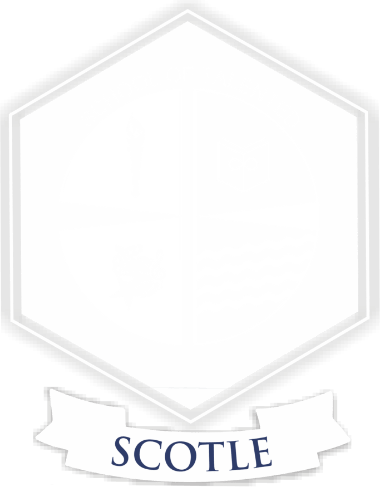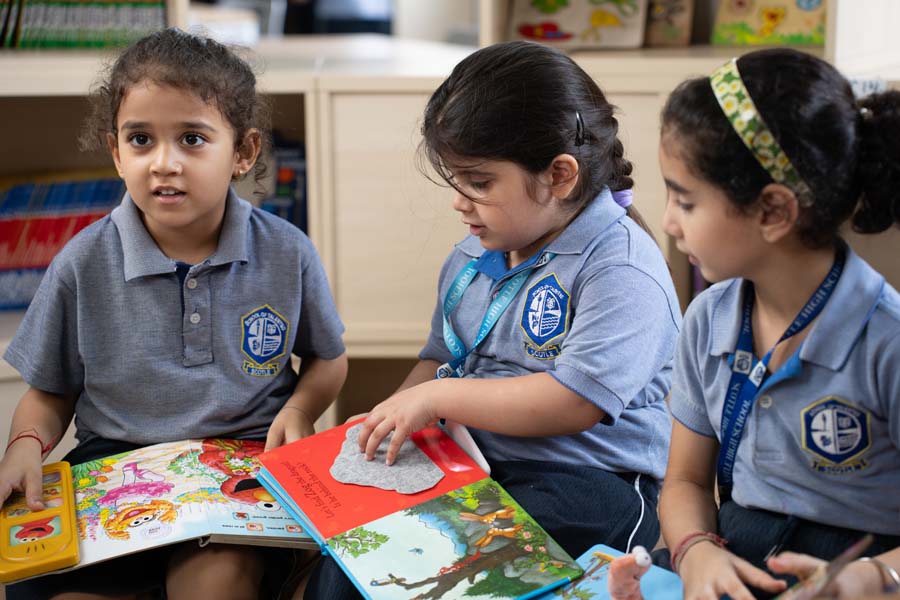What Happens After Students Leave School?
As the school bell rings and students excitedly step out of the school premises, have you ever wondered about the ‘BTS’ – Behind The Scenes – that unfolds in the lives of dedicated teachers and school staff? Let’s embark on a comprehensive journey to uncover what transpires after students leave and how these educators continue to leave an indelible impact on their lives.
Lesson Planning: Crafting the Future
One of the most pivotal aspects of education ‘BTS’ is the meticulous art of lesson planning. It’s a craft that teachers master, investing substantial time and effort in curating lessons that are not just educational but engaging, ensuring that each student’s learning experience is enriching. These lesson plans are designed to cater to all the unique individuals in each class. The thinker, the lost soul, the aspirant, they can do better, the struggler, the hustler, and even the hardly working
At the heart of lesson planning lies the intention to create a curriculum that captures the essence of each subject. keeping alive the curiosity and the love of the subject while the student fights to strike the balance. Teachers carefully choose instructional strategies, learning objectives, and evaluation methods, ensuring that each lesson is a unique journey of discovery.
Consider the accurate approach to planning a science lesson. The teacher selects a captivating experiment, aligns it with the curriculum, and anticipates the students’ reactions. The goal is to make learning an adventure, where theory meets practice, and knowledge becomes an experience.
Beyond the traditional classroom, lesson planning extends to various extracurricular activities, workshops, and educational events that enrich students’ lives. Teachers invest time in designing these experiences, knowing that they play a crucial role in nurturing well-rounded individuals.
Grading and Assessment: Nurturing Growth
The journey of education doesn’t conclude as students walk out of the school premises. Grading and assessment are integral responsibilities for educators. With unwavering dedication, they meticulously review assignments and examinations, offering insightful feedback that serves as the nourishment for a student’s intellectual growth. It’s not just about numbers; it’s about guiding students on their path to excellence but also enriching their craft and enhancing their intellectual persona.
Grading goes beyond the act of assigning scores. It’s a process of decoding a student’s understanding, identifying strengths and weaknesses, and providing a roadmap for their improvement. It’s a careful balance between constructive criticism and acknowledgment of their accomplishments.
The teacher who spends hours assessing math assignments or essays understands the importance of feedback. It’s not just about the red ink on the paper; it’s about the process of transformation that can ignite in a student’s mind. The teacher has to carefully strike a balance and get the best out of them.
Additionally, assessments come in various forms. From traditional tests, chalk, and blackboard methodology to innovative project-based assessments, educators explore diverse ways to gauge a student’s progress and elevate their thought process through meticulous planning. Each assessment method is carefully chosen to align with the learning objectives of every child and then provide a comprehensive view of the student’s development.
But it’s not just about evaluating individual performance. Evaluation should be a tool to uplift the student’s learning process rather than their critical scrutiny. Grading and assessment also play a pivotal role in curriculum improvement. Teachers review the results to identify areas where students need more support and tailor-based learning approaches for their students.
Individual Student Support/Counseling Sessions: Personalized Care
Every student is a unique entity, and their needs span a vast spectrum. Beyond regular school hours, teachers often engage in one-on-one counseling sessions, offering personalized support. These sessions ensure that each student receives the individual attention and guidance necessary for their holistic development for which students undergo a wide range of training and workshops to uplift their skills or students’ psychology to support them better with their tailor-made lessons, which cater to every child in the classroom.
These sessions are not just about academic counseling but also about nurturing emotional and personal growth. The teacher becomes a mentor, guiding the student through challenges, offering solutions, and helping them navigate the complexities of adolescence.
For instance, a high school student struggling with career choices might seek solace in the counselor’s office. Here, they can discuss their dreams and concerns, receive guidance on educational paths, and develop a clearer vision of their future.
Moreover, in an age for artificial intelligence where mental health is a growing concern, these sessions serve as a safe space for students to express their feelings and find solutions to personal challenges. Whether it’s stress, anxiety, or peer pressure, the teacher or counselor steps in as a pillar of support, ensuring that no student feels alone in their struggles and they will always be cared for.
To truly appreciate the significance of these personal interactions, take a closer look at the insights provided in counseling sessions.
Creating a Positive Learning Environment
Education transcends the confines of textbooks and lectures. It extends into the creation of a positive learning environment. Teachers and school staff work in harmony, dedicated to fostering an atmosphere where students not only gain knowledge but also feel respected, inspired, and secure. This environment is the crucible for effective learning and character development.
In this environment, every student feels valued, regardless of their background or abilities. It’s a space where diversity is nurtured and celebrated, and each individual’s unique strengths are recognized. This positivity not only boosts morale; it also enhances the learning experience and carves out a positive approach to learning and self-development, which is a crusader of confidence for the later years of life.
A positive learning environment isn’t created overnight; it’s a labor of love that requires teamwork. Teachers, administrators, and support staff collaborate to ensure that the school premises exude encouragement and warmth.
In practical terms, it means organizing engaging school events, designing interactive classrooms, and cultivating a culture of respect and kindness, where students look forward to learning, as that’s the most important aspect of them all. Teachers often go the extra mile, decorating their classrooms with motivational quotes, creating vibrant notice boards, and encouraging students to participate in extracurricular activities.
The educators attend workshops, training sessions, and conferences to stay updated with the latest educational trends and teaching methodologies. This dedication to lifelong learning ensures that teachers are equipped to provide the best possible education to their students. Teachers and school staff work to create a techno-rich environment wherein students can learn and thrive toward a better future. This involves setting up online learning platforms, ensuring students have access to digital resources, and providing digital literacy education.
In this era, teachers are not just educators; they are also digital guides, helping students navigate the complexities of the digital age. As we uncover these additional aspects of the ‘BTS’ of education, it becomes evident that educators and school staff are the unsung heroes who go above and beyond to ensure students receive a well-rounded, enriching, and holistic education.
Education is not confined to the four walls of a classroom; it’s a lifelong journey that teachers and staff embark upon, shaping the minds and hearts of students. The ‘BTS’ is where the magic happens, and its impact endures, resonating in the achievements and character development of each student.
As you ponder about the ‘BTS,’ remember that behind every successful student, a dedicated educator is working tirelessly, investing heart and soul towards the pursuit of knowledge and personal growth building the future force of the country.
FAQs
You can approach the school’s parent-teacher association to inquire about involvement in lesson planning.
Yes, career counseling is a crucial part of ‘BTS,’ especially for high school students, as it helps them make informed decisions about their future
Schools typically offer resources such as counseling services, tutoring programs, and academic support to help students who need additional assistance.
You can support teachers by participating in school events, volunteering, and maintaining open communication with them to ensure a positive and collaborative learning environment.







